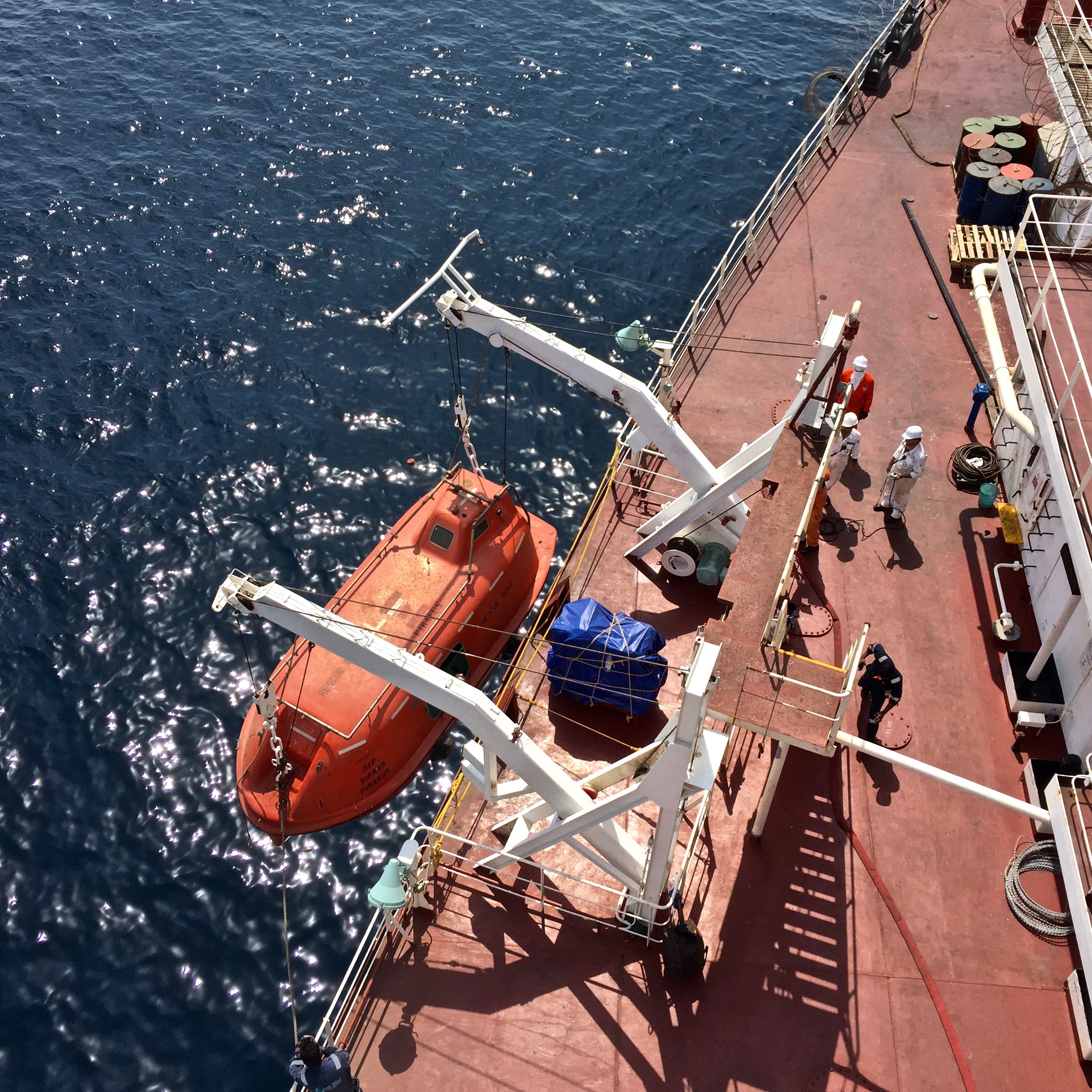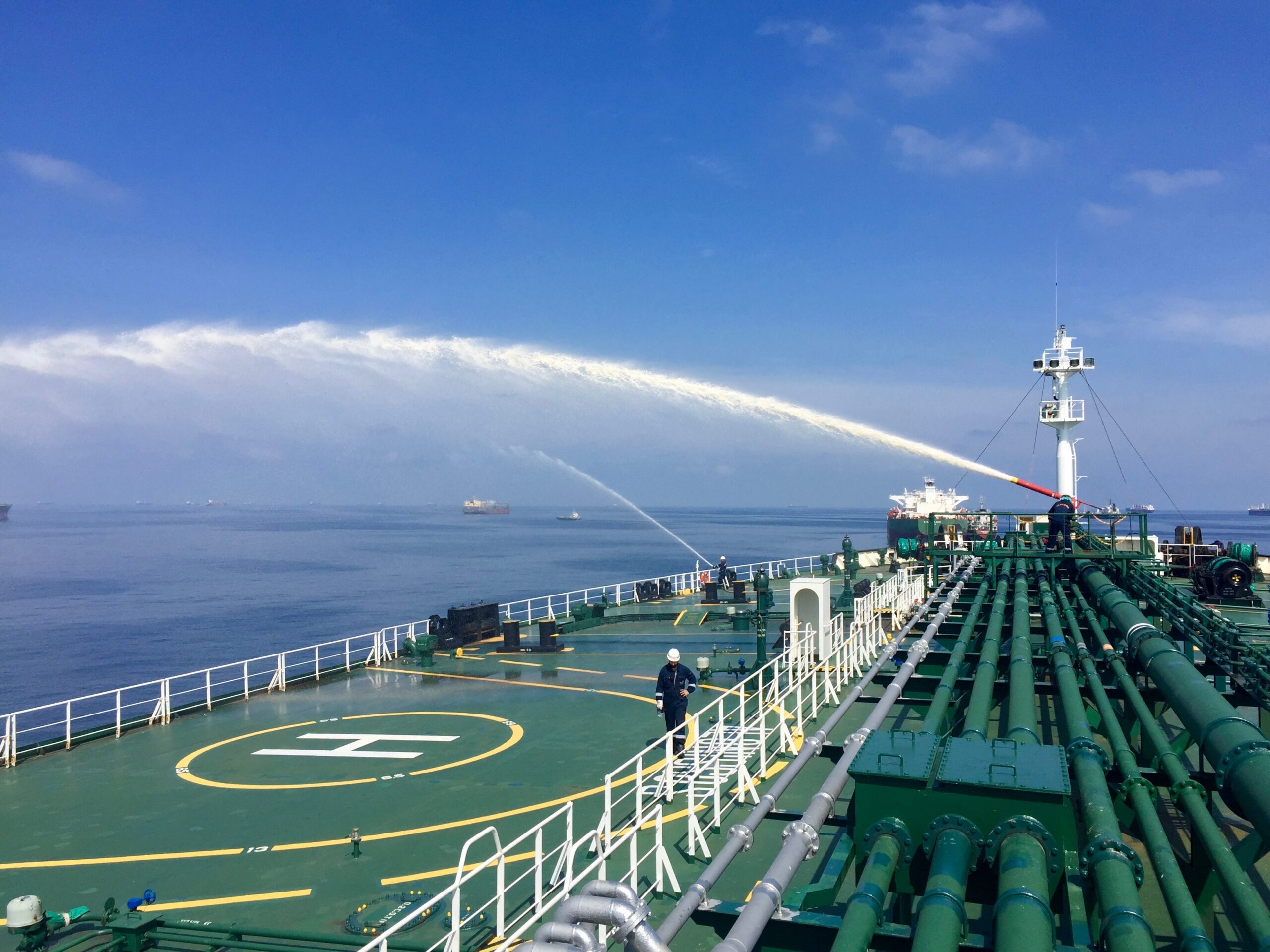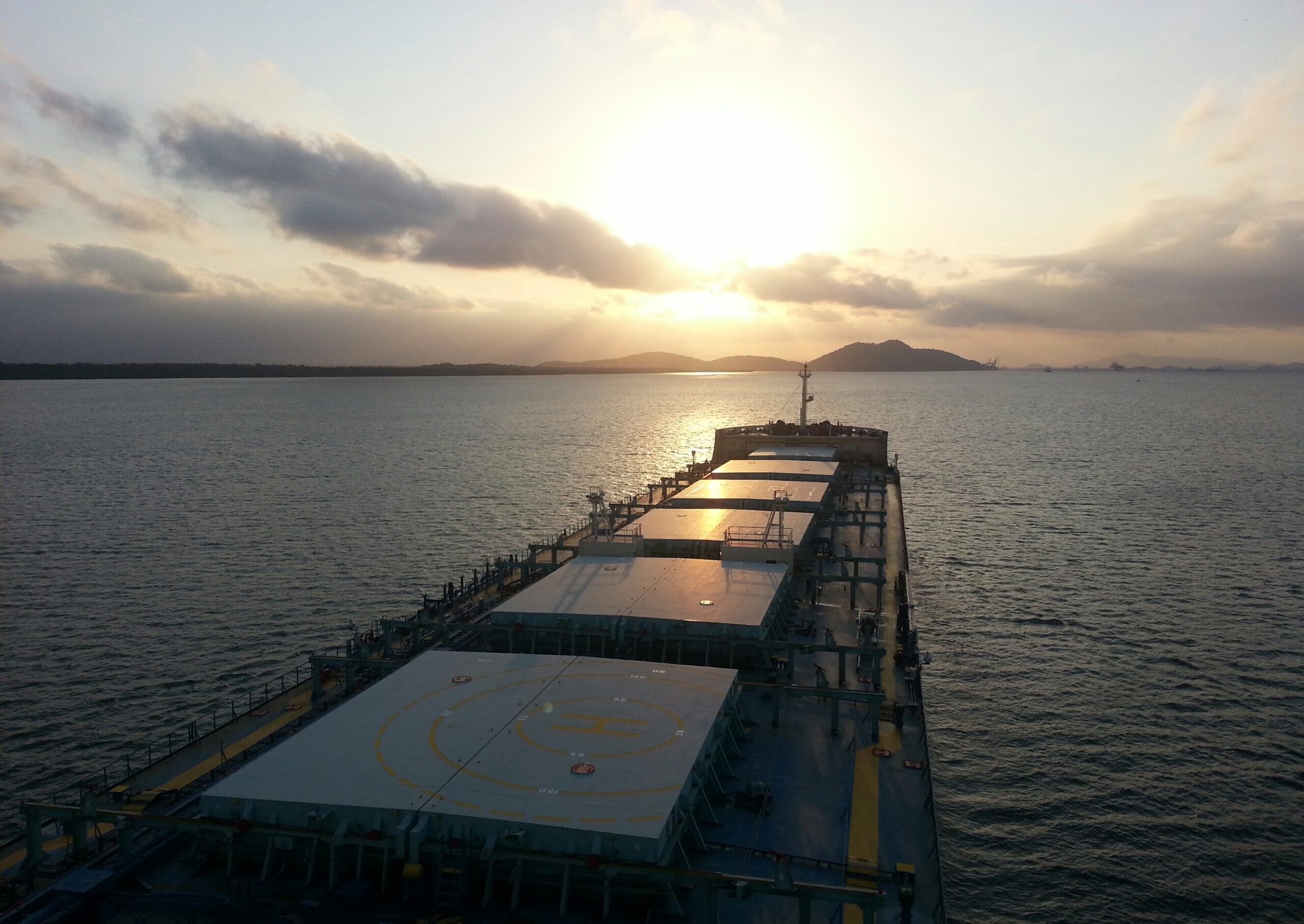At Artemis Marine Consulting, we pride ourselves on staying up-to-date with the latest regulations and requirements for the safe and sustainable operation of vessels. The IMO is one of the primary bodies responsible for developing and implementing these regulations, and as marine consultants, we work closely with our clients to ensure that they comply with these new rules.
One of the most significant changes in the recent years is the introduction of the requirements for the use of low-sulfur fuels. From January 1, 2020, ships will be required to use fuel with a sulfur content of no more than 0.5%, down from the previous limit of 3.5%. This is a significant reduction and has the potential to have a profound impact on shipping operations. Shipping enterprises will need to ensure that their vessels are equipped with the necessary equipment and technology to comply with these new regulations. We will work with our clients to develop and implement strategies for complying with these new regulations, including identifying alternative fuel sources, installing new equipment, and optimizing fuel consumption.
In addition to the low-sulfur fuel requirements, the IMO is also introducing new regulations for ballast water management. The IMO is concerned about the propensity of ballast water to transport invasive species and pollutants from one location to another. Marine enterprises will need to develop and implement ballast water management systems that minimize the risk of introducing harmful species or pollutants to new environments. At Artemis, we leverage our 30+ years of experience in marine inspection to assist clients in identifying the most appropriate ballast water management systems for each vessel, as well as developing training programs for crew members to ensure effective implementation.
The IMO is also introducing new requirements for the use of electronic chart display and information systems (ECDIS). Marine enterprises will have added responsibilities in ensuring that their vessels are equipped with ECDIS systems that meet specific standards to enhance navigation safety. Our role is to assist in the selection and installation of ECDIS systems that meet specific standards to enhance navigation safety.
Finally, the IMO is introducing new requirements for the collection and reporting of data on greenhouse gas emissions from ships. These regulations will require ships to collect and report data on their emissions, which will be used to develop new policies and regulations aimed at reducing the maritime industry’s carbon footprint. As marine consultants, we regularly work with our clients on reorganizing their data collection and reporting protocols, as well as identifying opportunities for reducing emissions and enhancing the sustainability of their operations. Our team prides itself in identifying opportunities for reducing emissions and enhancing the sustainability of our clients’ operations, including applying innovative technologies in the collection of greenhouse gas emission data.
In conclusion, the IMO’s new regulations for 2023 are significant changes that may require an equally significant shift in the day-to-day activities of marine enterprises. At Artemis Marine Consulting, we routinely work closely with our clients to develop and implement strategies for complying with these new regulations, enhancing safety, and promoting sustainability in the maritime industry.



